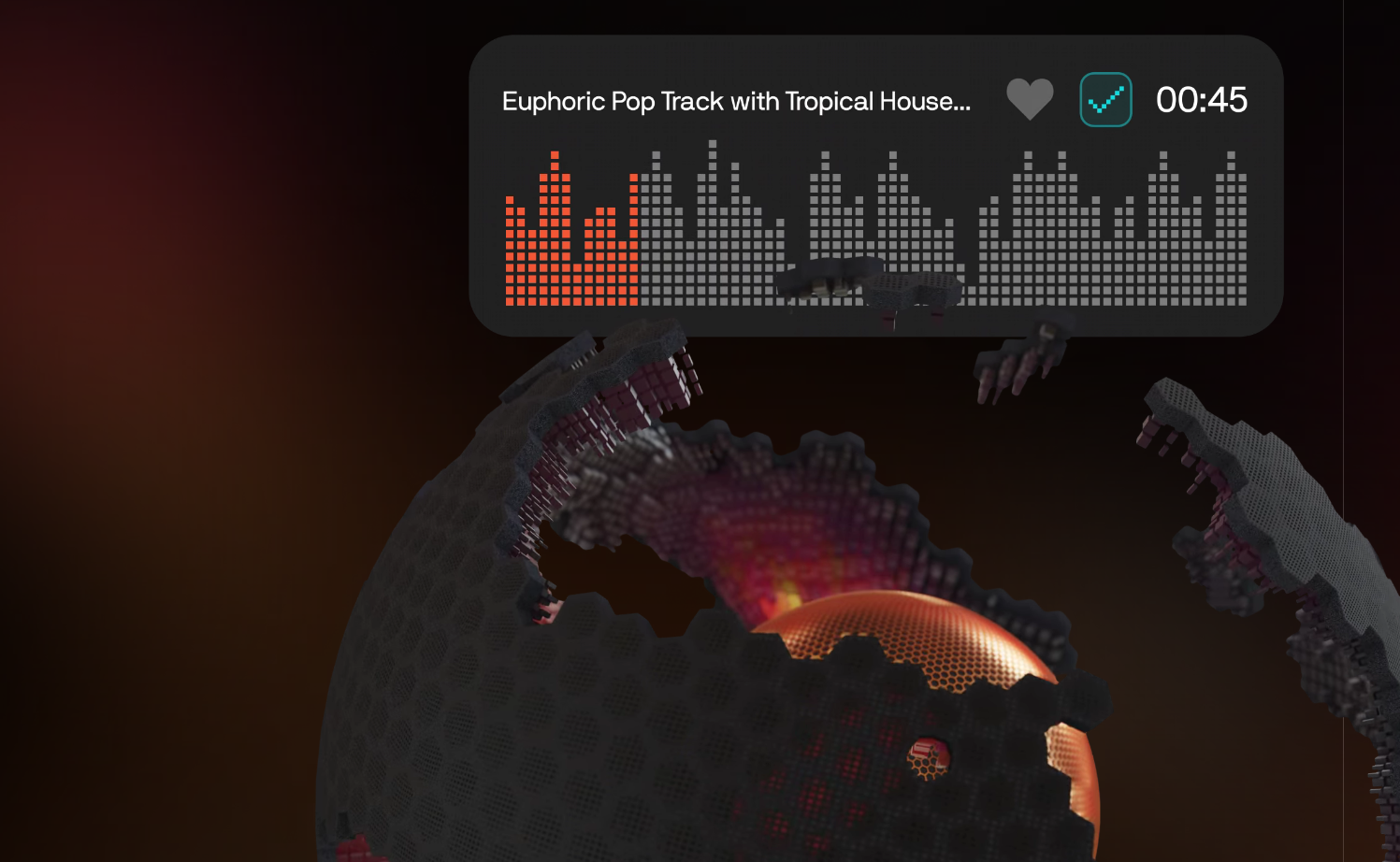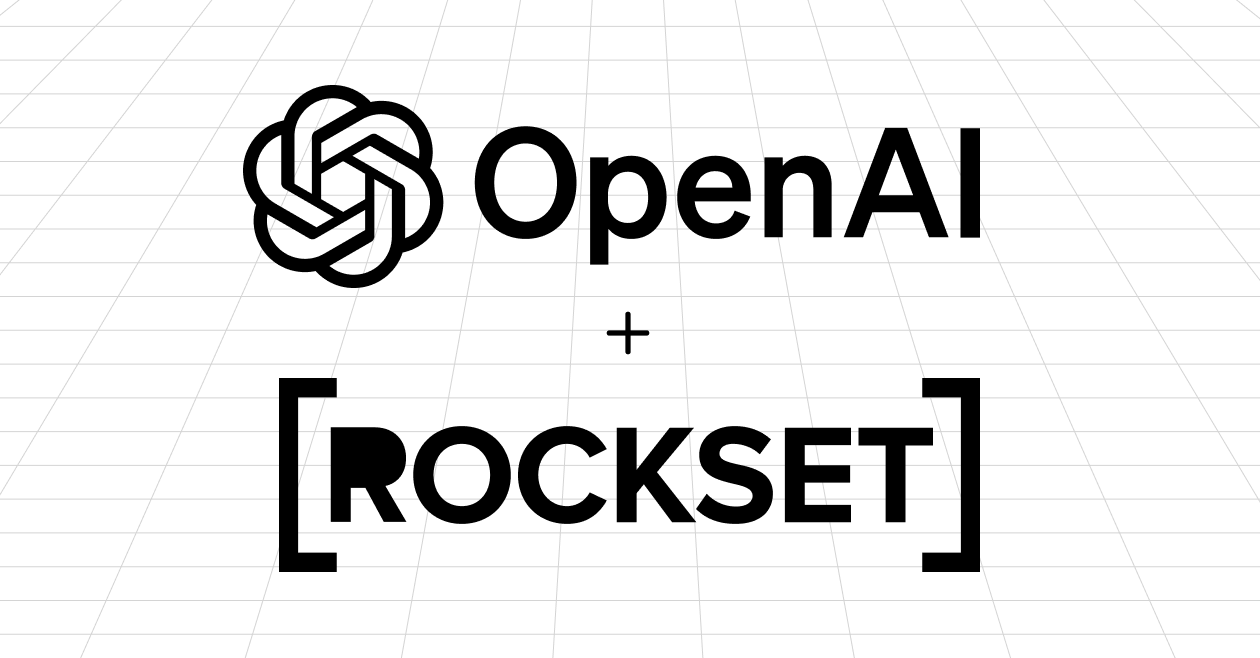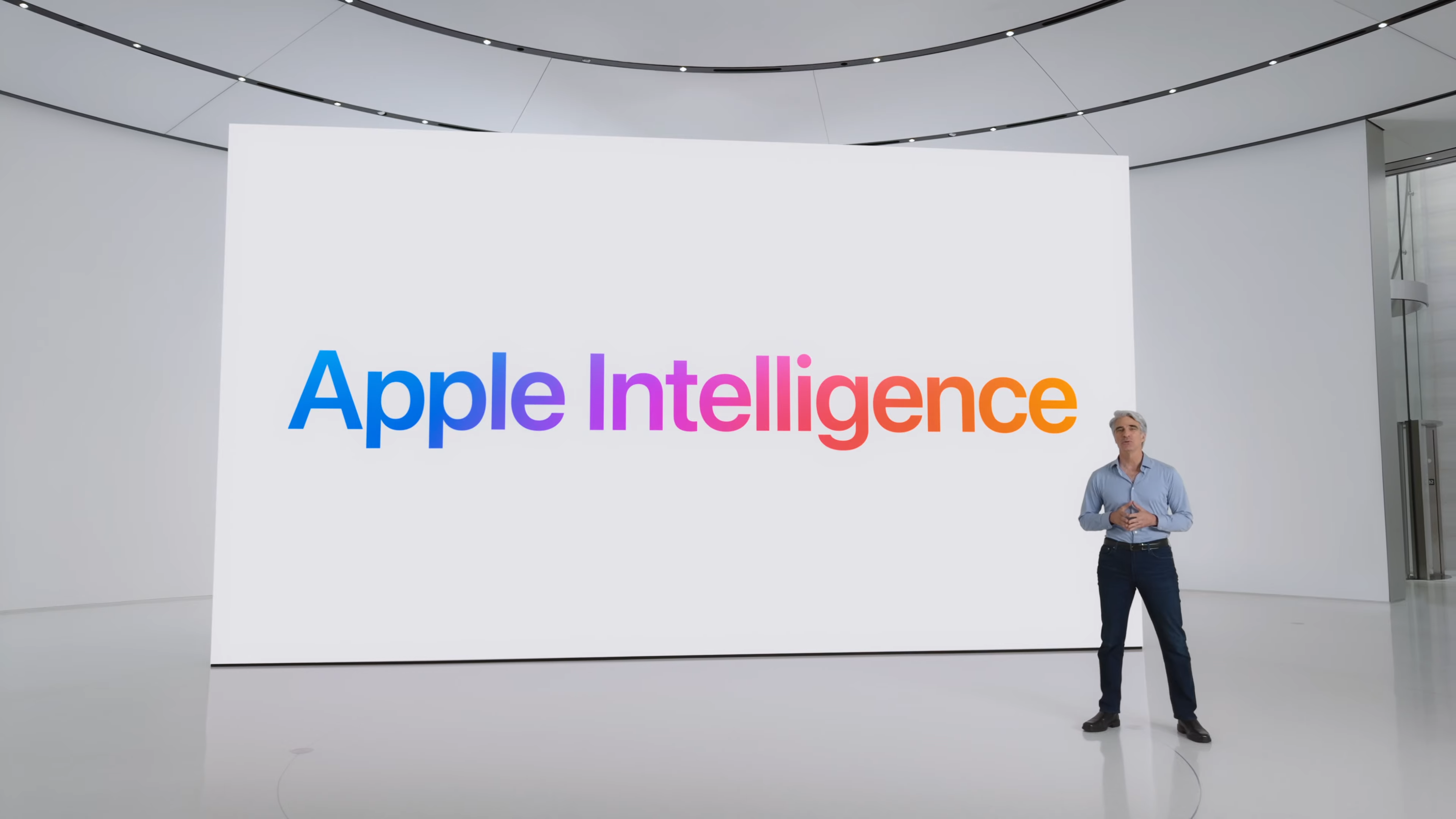Read full article about: Stability AI gets new CEO and funding
Stability AI, the startup behind Stable Diffusion, has appointed a new CEO and secured additional funding. Prem Akkaraju, former CEO of Weta Digital, will take over leadership of the company. A group of investors led by ex-Facebook president and Napster co-founder Sean Parker is providing fresh capital. Parker will become chairman of the board. Financial details were not disclosed. Stability AI has recently faced financial challenges and employee departures. In Q1, the company reportedly generated less than $5 million in revenue while losing over $30 million, according to The Information. Stability also owes nearly $100 million to cloud providers. The startup currently has about 170 employees.
Comment
Source: The Information
Read full article about: YouTube now allows users to request removal of AI content that mimics their face or voice
YouTube has expanded its privacy policy to cover AI-generated content. Users can now ask YouTube to take down synthetic media that imitates their face or voice. When reviewing requests, YouTube will consider the potential for confusion with real content and whether the video is intended as parody or satire. Content creators should be aware that privacy complaints alone may not necessarily result in removal. This move comes in response to the rapid growth of AI-generated content. The quality of AI-based voice and facial imitations has improved significantly recently, making this issue increasingly relevant.
Read full article about: AI video startup HeyGen raises $60 million and is now worth more than $500 million
HeyGen, an AI video startup, has raised $60 million in a Series A funding round. The company is now valued at more than $500 million. The round was led by Benchmark. HeyGen lets companies create, localize and personalize videos without a camera or crew, using virtual avatars. According to the startup, it has been profitable since the second quarter of 2023 and has grown its annual revenue from one million to more than $35 million. Its customers include small businesses as well as Fortune 500 companies. HeyGen plans to use the fresh capital to expand its product offerings and invest in corporate security, AI ethics, trust and safety.






